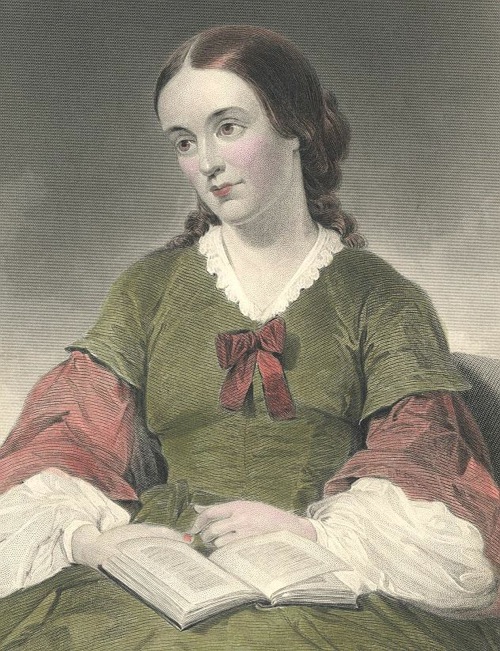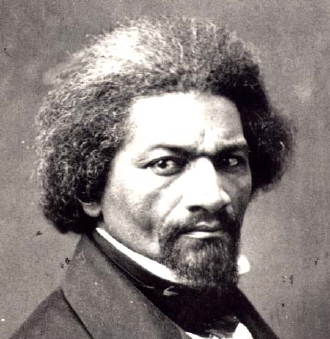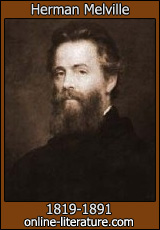Tanya Barragan
Scott Lankford
English 48A
Margaret Fuller
11//01/11
Scott Lankford
English 48A
Margaret Fuller
11//01/11

AUTHOR’S QUOTE
“Male and female represent the two sides of the great radical dualism. But, in fact, they are perpetually passing into one another. Fluid hardens to solid, solid rushes to fluid. There is no wholly masculine man, no purely famine woman.” (1656)
INTERNET QUOTE
“It cannot be denied that in any estimate of Margaret Fuller, her personality, the compelling charm and power of her character have great weight. The genius with which she was so richly endowed was manifest in that character as well as in what she said and wrote. The tradition of wit and sparkle, the beauty and depth of her conversation still abides.”

SUMMARY
The Great Lawsuit, by Margaret Fuller is Fuller talking about the woman’s role in life or society and the way that she is looked at. It explains the way in which men see a woman’s role but it also explains how a woman also sees her role. Fuller wants to get across that there is much more than what a woman’s role is and that she can be so much more. She is pointing out the one standard way, in which a man may see a woman but also tells us of men who look at a woman more than what her role is, but what makes them a woman. Her point is to tell woman and men that they need to stop looking at the woman as just her role but to look beyond who she really is and can be.
YOUR IDEAS/REACTIONS/RESPONSES TO THE AUTHOR’S IDEAS
Some of the ideas that I got from fuller, is that she just wanted men and woman to see how they portray woman and that the woman doesn’t have to be just someone who has to clean and birth children. But, she can have a mind, someone who can be strong and be more that a role in life. My reactions to Fuller, is that I really like her work and think that she did a great job at getting her point across about what she was saying. I reacted to the work as really good and thought that she had a lot of truth to what she was saying. I think in her times, the role of a woman was different than now and to say what she was saying in The Great Lawsuit, was coming from a strong, smart and powerful woman. I can’t say anything bad about Fuller because I think her work was great and I really would like to read more of her stuff. I think that her ideas made a clear and strong point about woman. But not only that, she makes good points on how men and woman thought in those times about woman. She uses many examples from history to share how the roles of woman were looked at and then gives us her thoughts on what she felt about their roles. Also, to back up her thoughts on how she felt, she even uses examples form men who loved their woman and tell how they see their woman as so much of importance. I liked Fuller’s thoughts and ideas.



















